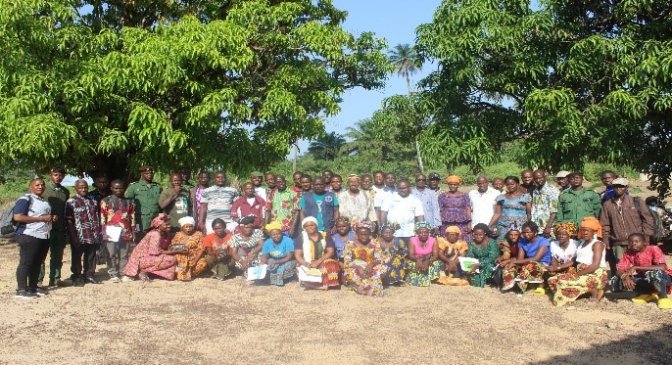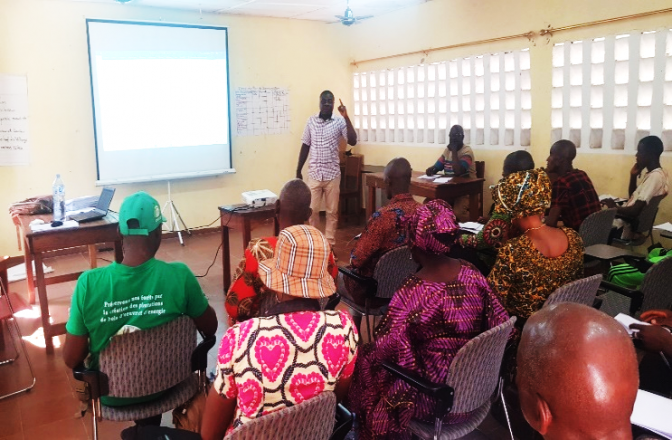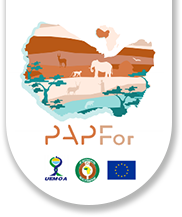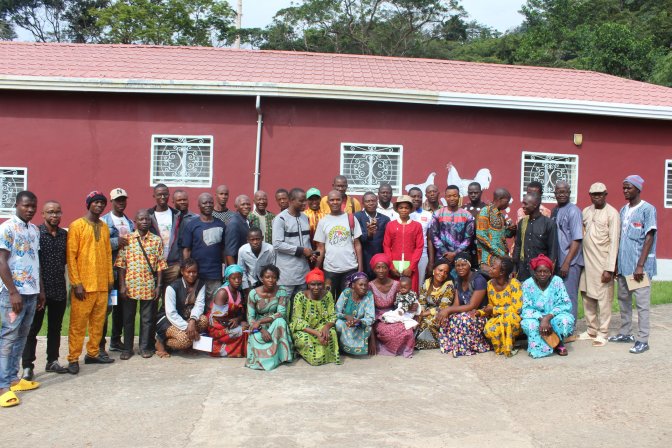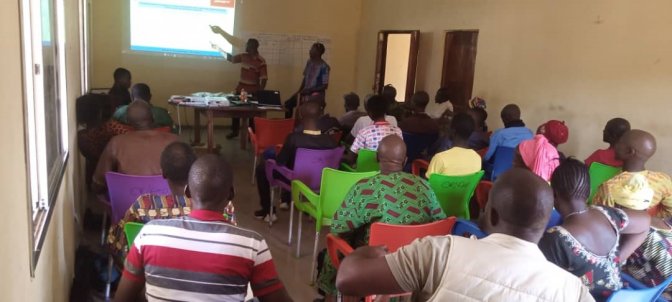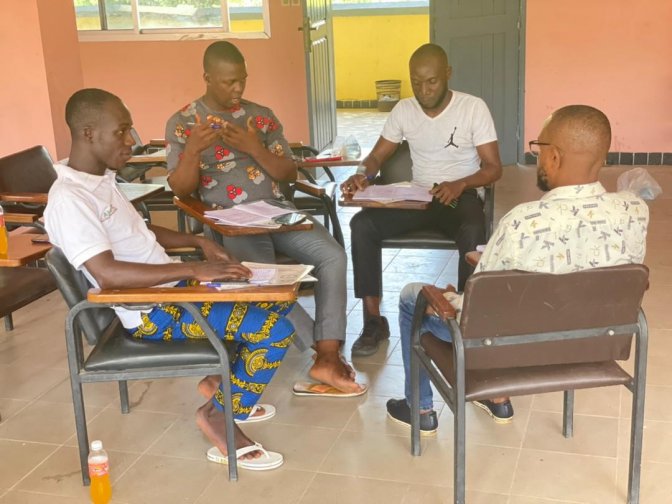Home / News / Strengthening local governance structures for improved protection of the (...)
Strengthening local governance structures for improved protection of the Ziama Biosphere Reserve
Fauna and Flora International (FFI) in partnership with the Research and Technological Exchange Group (GRET) is implementing the “One Landscape, One Vision” project with support from the EU-funded Programme for the Preservation of Forest Ecosystems in West Africa (PAPFor). The project aims to improve local governance within 31 communities bordering Guinea’s Ziama Biosphere Reserve, located in the five rural communes of Sérédou, Oremai, Fassankoni, Zébéla and Seningo, using a collaborative approach to preserve and manage the area’s natural resources and biodiversity via participatory and sustainable land-use planning at the local level by Community Management Committees.
Another aspect of the project is to effectively involve citizens and civil society organisations (CSOs) in monitoring local taxation and public budgets, with the particular aim of encouraging elected representatives and local authority management bodies to be accountable for their decisions and to step up cost-effective, environmentally sensitive community actions. In this way, the project seeks to strengthen citizen participation and promote responsible management of local resources.
For this second aspect, GRET has been working with national NGO the Alliance for the Promotion of Governance and Local Initiatives (AGIL) since November 2023 to implement the following project activities:
- Draw up an inventory of past interventions in the Ziama forest landscape in connection with citizen control of the use of public resources;
- Identify civil society organisations to be mobilised at the level of the 5 local authorities concerned;
- Carry out communication, information and awareness-raising actions for citizens in the area on their rights and duties;
- Organise training sessions for civil society actors, local administrative authorities, and state technical services within the five target communities.
The training sessions mobilised 224 participants (from civil society, local administrative authorities and government technical services) including 79 women (32%), strengthening their capacity to integrate the conservation of natural resources including forests, water, wildlife and land in their plans to raise funds for the development of their respective communities.
In his remarks during the launch of the training in Sérédou, Mr. Félix Fassa Iffono, Secretary General in charge of decentralised communities of the Macenta Prefecture, said: “Any elected official who seeks to achieve inclusive and sustainable development should prioritise the involvement of citizens and notably civil society organisations to identify, mobilise and manage community resources."
